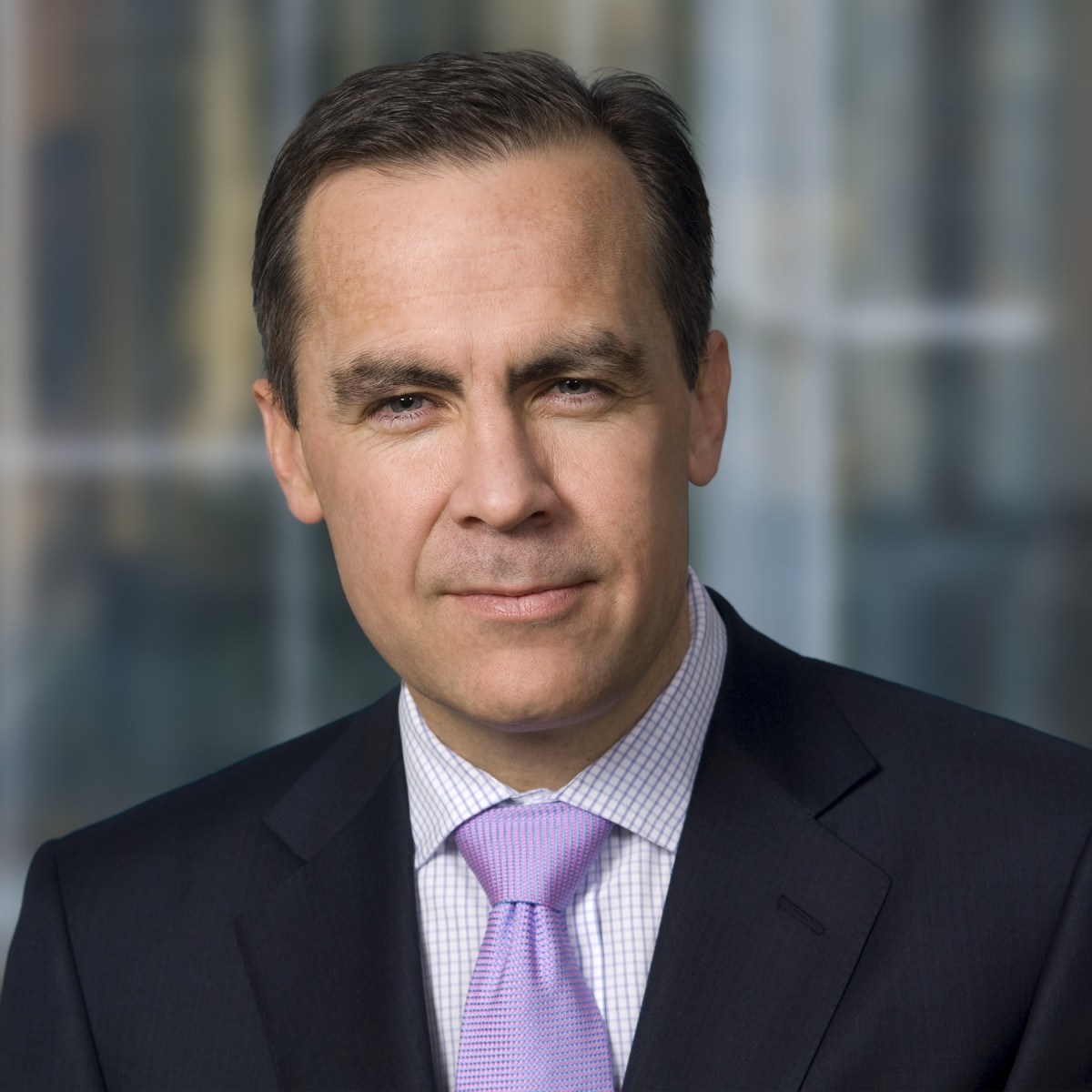
In a move that surprised absolutely no one, the Bank of England has announced today that its base rate is staying at 0.5%.
This follows the nine-man Monetary Policy Committee’s (MPC) earlier vote to keep rates at this never-before low for the 60th consecutive month.
But the perceived need for continued market stimulus is creating a difficult presentational balancing act for the Bank’s Canadian governor, who is keen to reassure households and businesses that a rate hike is not as close as they might fear.
Mr Carney’s move follows a fall in January’s recorded unemployment levels to 7.1%, just a whisker above the 7% he said would trigger a rate re-evaluation. If the UK economy does grow faster than last year’s 1.9%, the pressure to raise base rates will intensify, potentially spelling trouble for millions of homeowners. Many commentators see UK rates rising to nearer 3% within two years.
In his ‘forward guidance’, issued last summer after succeeding Sir Mervyn King in the job, Mr Carney said unemployment was unlikely to reach the 7% mark before 2016. In other words, he believed there was little prospect of rate rises until safely after next year’s general election.
However, this issue could pose a challenge to his credibility because UK unemployment has declined must faster than expected, and looks set to fall below 7% within months, if not sooner.
Speaking at last month’s World Economic Forum in Davos, Mr Carney reaffirmed his view that rates should stay put for some time, a position apparently not shared by all of his fellow MPC members. So, having nailed his colours to the ultra-low interest rates mast, he could face the risk of being outvoted by his MPC colleagues, who are increasingly thought to favour rises.
Many market analysts believe it would be sensible for Mr Carney to announce a cut in his unemployment trigger point to 6.5% when delivering his inflation report next month. However, even if rates do rise, the view is growing that any increases across developed economies like the UK will be minimal, restrained by the chronic and still-rising levels of public, corporate and household debt.
This argument was taken up by former US Treasury secretary Larry Summers in November. He said interest rates will have to stay negative – between to 2% to 3% below inflation – for many years as a stimulus to offset the deflationary effect of debt. But with inflation at barely 2%, the scope to do this is limited, removing many of the levers of traditional macroeconomic theory.
So, wherever Mr Carney’s interest rate balancing act takes him, it will very likely be closely watched by homeowners, who have their own balancing act to perform.
